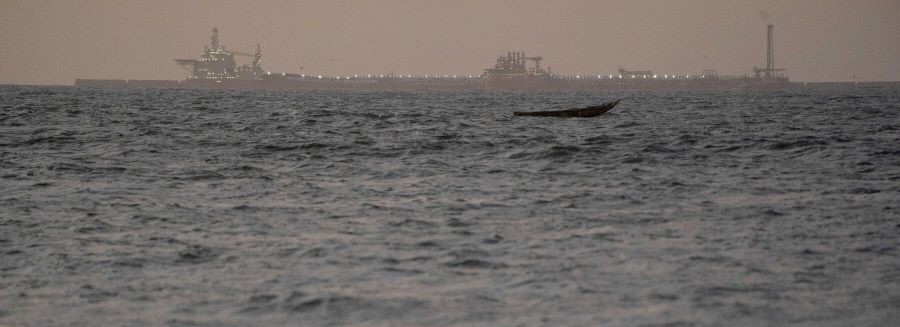(3 Minutes Read)
Africa’s biggest oil producer challenged by Libya in terms of volume production opened this year’s licensing round seeking to deepen exploitation of the country’s estimated 37.5 billion barrels of crude oil and 209.26 trillion cubic feet of natural gas reserves. Nigeria has invited bids from international investors for its 12 new onshore and deep-water oil blocks.
These are specifically from international investors with financial and technical capacity for 12 onshore and deep-water oil blocks, its oil regulator has said in a speech at a global oil conference in Houston, Texas.
Nigeria is committed to conducting the licensing round in a fair, competitive and transparent manner and ensuring a level playing field for both indigenous and international investors, stated Gbenga Komolafe, head of the Nigerian Upstream Petroleum Regulatory Commission (NUPRC).
Some investors have balked at participating in previous bids due to a lack of transparency in the award process leading to companies without the capacity to drill winning oil fields. This eventually led to threats to cancel the awards. In addition to these blocks, the seven deep offshore blocks from the 2022 mini-bid round exercise shall also be concluded along with this licensing round.
This will bring a total of 19 oil blocks offered to investors in 2024. Apart from technical and commercial ability, the regulator said it would pay attention to how the bidders plan to align with the country’s net-zero carbon emissions targets, eliminate gas flares, and avoid polluting rivers and farmlands.
Read Also:
https://trendsnafrica.com/nigerias-oil-production-dips-opec/
https://trendsnafrica.com/libya-overtakes-nigeria-to-become-top-oil-producer-in-march-2024/
Nigeria, a member of the Organization of the Petroleum Exporting Countries (OPEC), has seen its oil production decline from around 2 million barrels a decade ago to just over 1.3 million barrels per day. Oil majors are leaving onshore fields prone to sabotage and frequent claims for compensation for spills to focus on deep-water fields where disruptions are less common.





